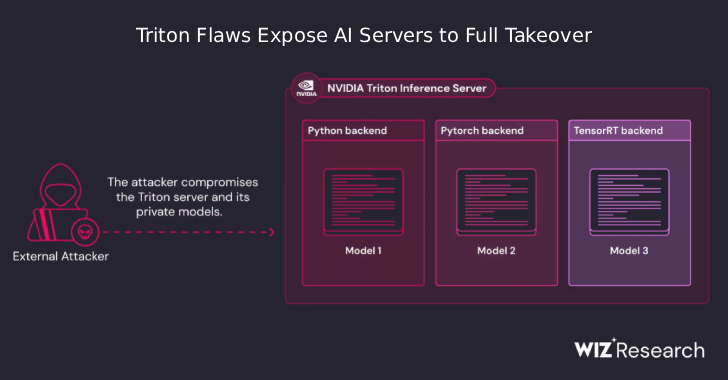The Rise of Data Breaches: Is Your Personal Information Already in the Wrong Hands?
Hackers Are Stealing Identities Faster Than Ever—Here’s How to Fight Back
Your Data Might Already Be Stolen. Here’s What to Do Next.
Imagine waking up to an email from your bank: “Suspicious activity detected.” You check your account—thousands gone. Your name, Social Security number, and credit card details are being bought and sold on the dark web like a pack of trading cards.
Scary? Yes. Uncommon? Not at all.
Massive data breaches are hitting companies left and right, exposing millions of people’s private information to cybercriminals. If you think you’re safe, think again.
Recent Breaches That Should Have You Worried
🔴 Snowflake Data Breach (2024): A cyberattack compromised over 100 companies, leaking names, addresses, banking records, and medical data. If you’ve ever trusted your data with a major corporation, it could be floating around online right now.
🔴 23andMe Hack (2023): A shocking breach exposed 6.9 million users’ genetic data, names, and birth years. Hackers aren’t just stealing credit card numbers—they’re going after your DNA.
🔴 National Public Data Leak (2024): A hacker group stole Social Security numbers, home addresses, and dates of birth—all the info a criminal needs to open bank accounts, steal identities, or worse.
The real danger? Stolen information never disappears. Once it’s out there, it’s forever.
How to Protect Yourself Before It’s Too Late
The bad news? Hackers are relentless. The good news? You can fight back.
- Freeze Your Credit—Now
This is the #1 defense against identity theft. Contact Equifax, Experian, and TransUnion to lock down your credit file. If hackers try to open loans in your name, they’ll hit a dead end. - Enable Multi-Factor Authentication (MFA)
A password isn’t enough anymore. MFA makes hackers’ jobs 10x harder by requiring a second step—like a text to your phone—before logging in.
- Check If You’ve Been Hacked
Go to com and enter your email. If your info has been leaked, change those passwords ASAP.
- Set Up Account Alerts
Activate real-time notifications for bank transactions and new credit inquiries. That way, if something suspicious happens, you’ll know instantly.
- Limit What You Share Online
Think twice before posting your birthday, address, or even your pet’s name (hackers love using pet names as password hints). Less is more.
- Beware of Phishing Scams
Never click shady links in emails or texts—even if they seem legit. Hackers impersonate banks, Amazon, and even government agencies to steal your login info. Verify before you trust.
- Use a Password Manager
Still using the same password for everything? Hackers love that. A password manager generates strong, unique passwords for each account—so if one gets hacked, the others stay safe.
Final Thought: Act Now, Not Later
Data breaches are not slowing down. Every day, another company gets hacked, another database gets leaked, and millions more people become targets.
Don’t wait until you’re a victim. Take these simple steps today and make yourself a harder target.
Need expert-level protection?
At Cyber Defense Advisors, we help businesses and individuals stay ahead of cyber threats. From penetration testing to security audits, we make sure your data stays yours.
Want to know more? Let’s talk: Cyber Defense Advisors. Stay safe out there.






